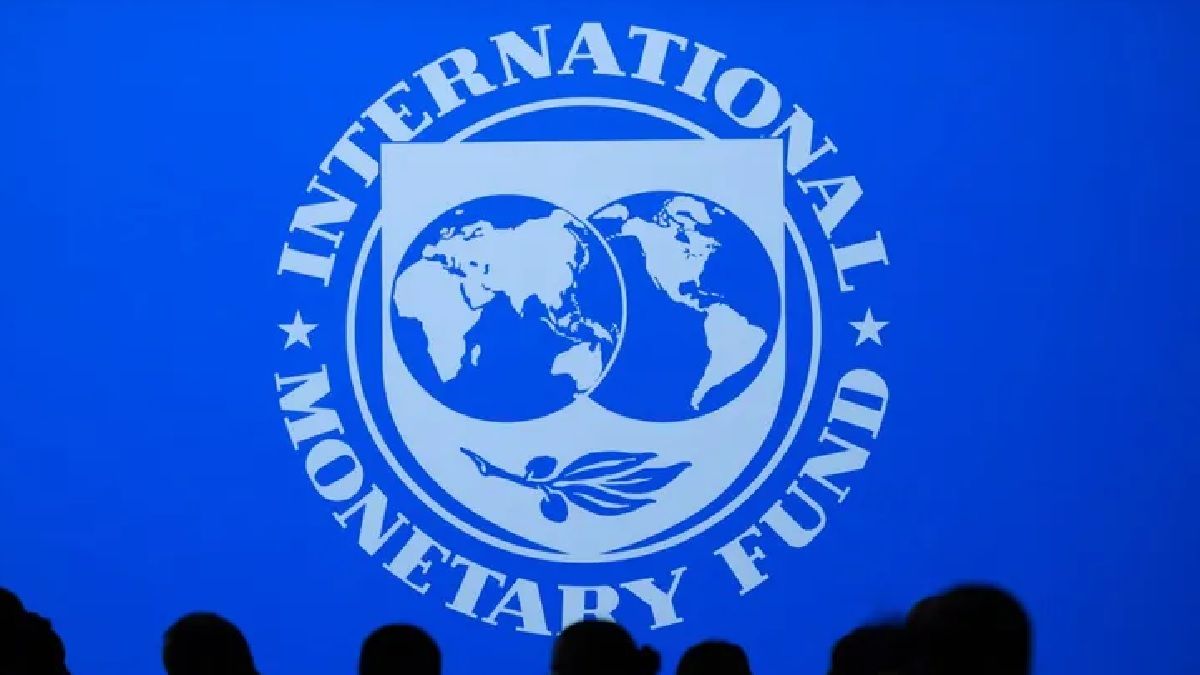The economy Uruguay will slow down and grow 2% in real terms this year amid “a lot of uncertainty” Due to the droughtpredicted the International Monetary Fund (IMF)which also warned about the country’s vulnerabilities to climate risks.
“The economy is expected to slow down, with risks biased to the downside” and “real growth of 2% is projected in 2023, albeit with a lot of uncertainty due to the effect of the drought,” say the experts in the periodic assessment that made to its member countries, known as Article IV.
Uruguay, a net producer of mainly agricultural raw materials, suffers a extreme drought that already compromised key crops, such as soyand that has had an impact on sources of energysuch as drinking water and hydroelectric generation. This caused a situation described as “critical” by the authorities.
The IMF experts, however, estimate that “growth would be supported by a strong tourist season, an increase in pulp production and exports, and robust private consumption.” For this last point, the reduction of the Personal Income Tax (IRPF)) and from Social Security Assistance Tax (IASS)approved last week, and with which the government hopes to move hundreds of millions of pesos to consumption.
According to the inflationthe international organization expects that it will moderate to 7% this year, in line with the official projections of the Central Bank of Uruguay (BCU).
Among the main macroeconomic risks, the fund highlights a worsening of external conditions, the worsening of international geopolitical tensions and the intensity and duration of the current drought.
What does the IMF recommend to the government?
In the short term, the Executive’s plans allow, according to the experts of the Monetary Fund, “comply with the objectives of the fiscal rule, safeguarding social cohesion”.
According to the IMF, the efforts to reduce the debt after the pandemic “they are laudable” but “The debt to GDP ratio is at historically high levels.” For this reason, he advises that, once the impacts of the drought have dissipated, Uruguay make an effort to “place the debt on a downward path.”
Regarding monetary policy, the body supported the actions of the BCU and suggested that keep the “contractive bias” until inflation comes downwhich will be crucial “to strengthen the credibility of monetary policy and support the efforts of de-dollarization“.
What did the IMF say about Uruguay’s banks?
The International Monetary Fund highlighted that Uruguay’s financial sector maintains “a solid position”, since banks have weathered the pandemic well. State banks “have large capital and liquidity reserves”estimated the technical team.
“The liquidity reserves of the banks are more than sufficient to withstand strong financing pressures while contagion risks appear to be limited“says the document a week after financial chaos gripped world markets due to the bankruptcy of the Silicon Valley Bank (SVB).
As for some private banks “solvency risks” should be “addressed through appropriate capital supplements and restrictions on the distribution of dividends“, they ask.
The Fund believes that initiatives to transform Uruguay into a climate-resilient, green and sustainable economy “must continue to be a priority”, since the country “is at the forefront in the adoption of policies on climate change”.
But Uruguay “is vulnerable to climate risks, particularly exposed to excessive rainfall and drought, and the rise in sea levels.”
Source: Ambito




